U.S. Secretary of State Antony Blinken said that Washington disagrees with Germany on the Nord Stream 2 gas pipeline, calling it a threat to Europe’s energy security, while adding that both countries agreed to ensure that Russia cannot use energy as a coercive tool against Ukraine or other states.
Blinken met with his German counterpart Heiko Maas in Berlin on June 23 and discussed U.S.–German relations, although there was no sign of progress in talks to overcome the impasse over the pipeline. And neither Blinken nor Maas could offer a timetable for a possible resolution.
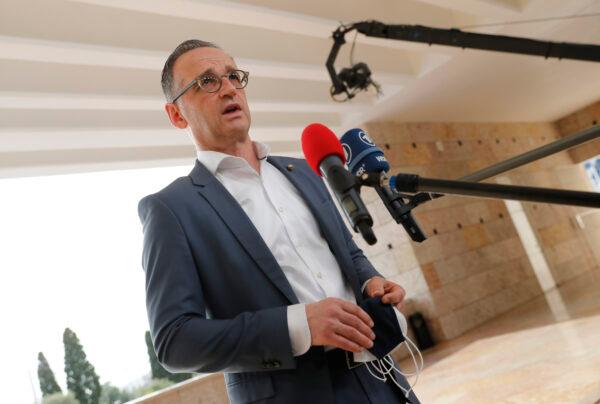
Maas said that Germany is aware that Washington expects it to prevent misuse of the pipeline by Russia, and his country wants to make a contribution in that regard.
Germany will ensure that there’s an alternative gas transit agreement via Ukraine and it will continue to stand once Nord Stream 2 becomes operational, the foreign minister said. The talks on this issue between the two countries have already started, he added.
Ideally, a resolution could be reached by the time outgoing German Chancellor Angela Merkel visits U.S. President Joe Biden in Washington next month, Maas said, adding that the timing is only provisional.
Later on June 23, Blinken met with Merkel and neither mentioned the pipeline in brief welcoming remarks.
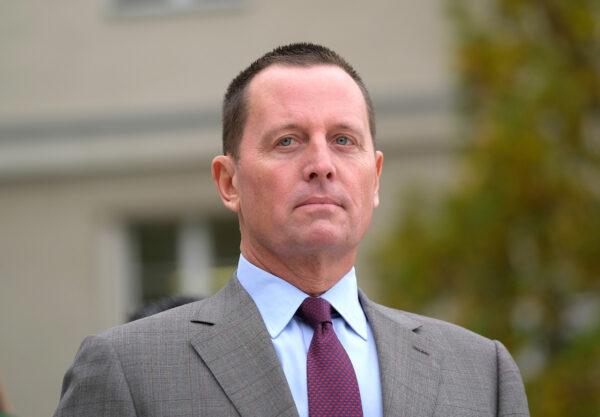
A Controversial Pipeline
For decades, the United States has been trying to ensure that Europe has diversified energy sources, said Richard Grenell, former acting director of national intelligence and the U.S. ambassador to Germany from 2018 to 2020.“Some Russian energy should be included in that diversification mix for Europe,” he said.
It’s “too much feeding of the beast of Russia by allowing the Nord Stream 2 pipeline to be completed,” he said.
For decades, U.S. policy has been to ensure that NATO is free of Russian leverage and manipulation and that there are no “problems in Europe, Central Europe, Eastern Europe, and around the world,” Grenell said.
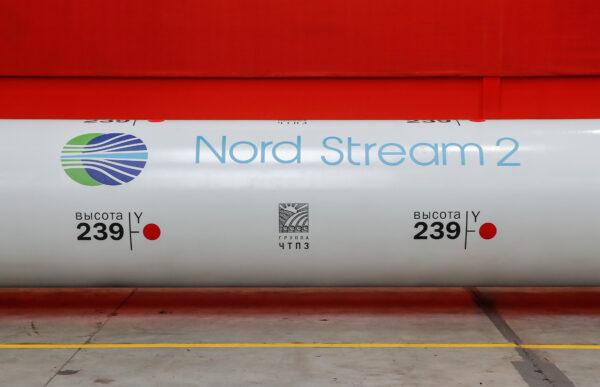
“This is why the United States has stood firmly against Nord Stream 2,” a stance that “protects Europe from being manipulated by the Russians,” the former ambassador to Germany said. “And we all know that Russia will look for ways to manipulate others and to use that leverage to their advantage.”
It’s puzzling to the U.S. government why the German government doesn’t see that, Grenell said. He added that it’s also disappointing and shocking to see that Germany not only ignores the leverage that has been placed over them by Russia through Nord Stream 2, but it also doesn’t pay its fair share at NATO, according to Grenell.
“Now, many countries, including Germany did not get to their 2 percent obligation, but they increased their spending, they increased towards that goal,” Grenell said, adding that Trump made NATO stronger compared to his predecessor.
Grenell believes that the German government doesn’t perceive threats from Russia in the way the trans-Atlantic alliance sees them. Similarly, Berlin leads the effort to make a normalization agreement with Iran because it wants to trade with Iran and doesn’t consider it a threat as the alliance does, he said.
In his opinion, the Germans have worked very hard to follow a “Germany first” economic model and “have ignored many in Europe, who call for greater sharing of the burden.”
According to Grenell, the German people love to work hard and believe in capitalism “so they share a lot with the Americans.” Americans also pushed hard for a free and unified Germany in the past, he said.
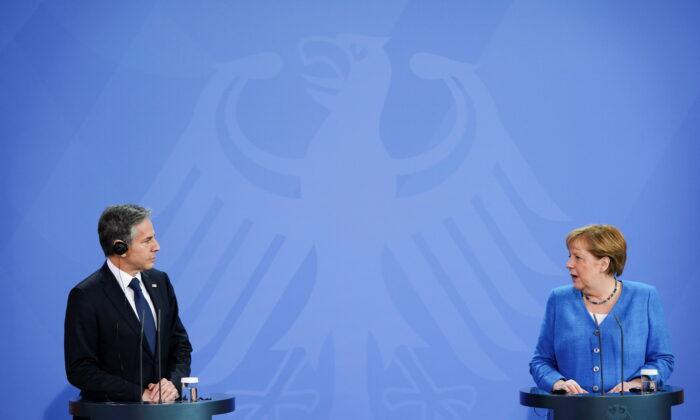

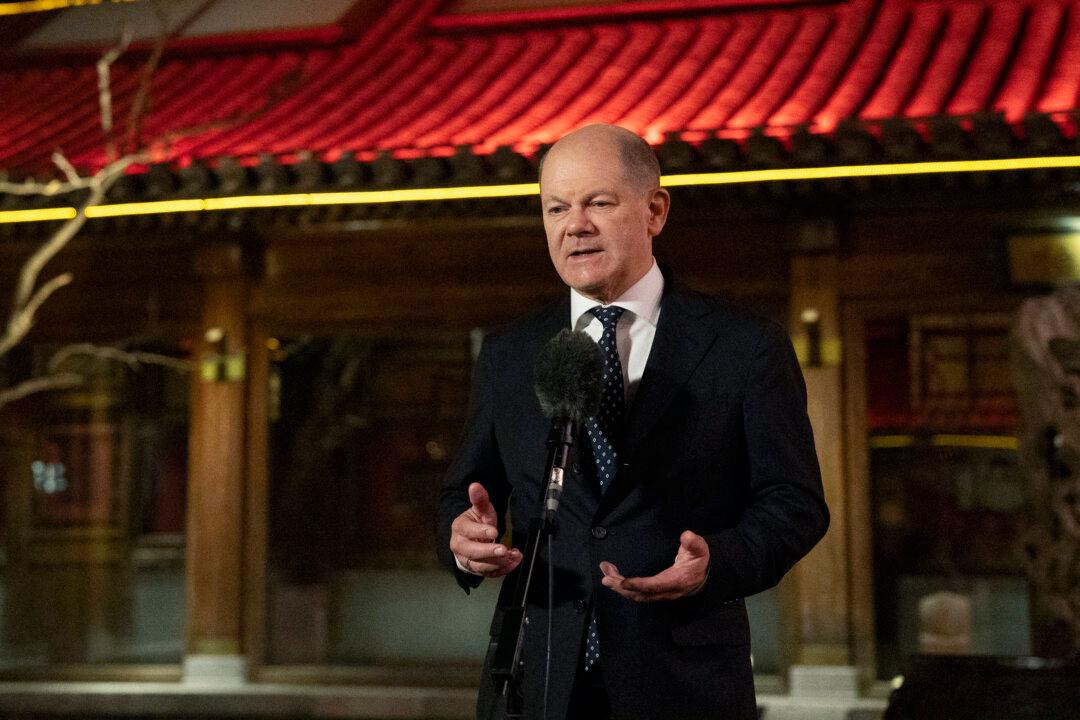

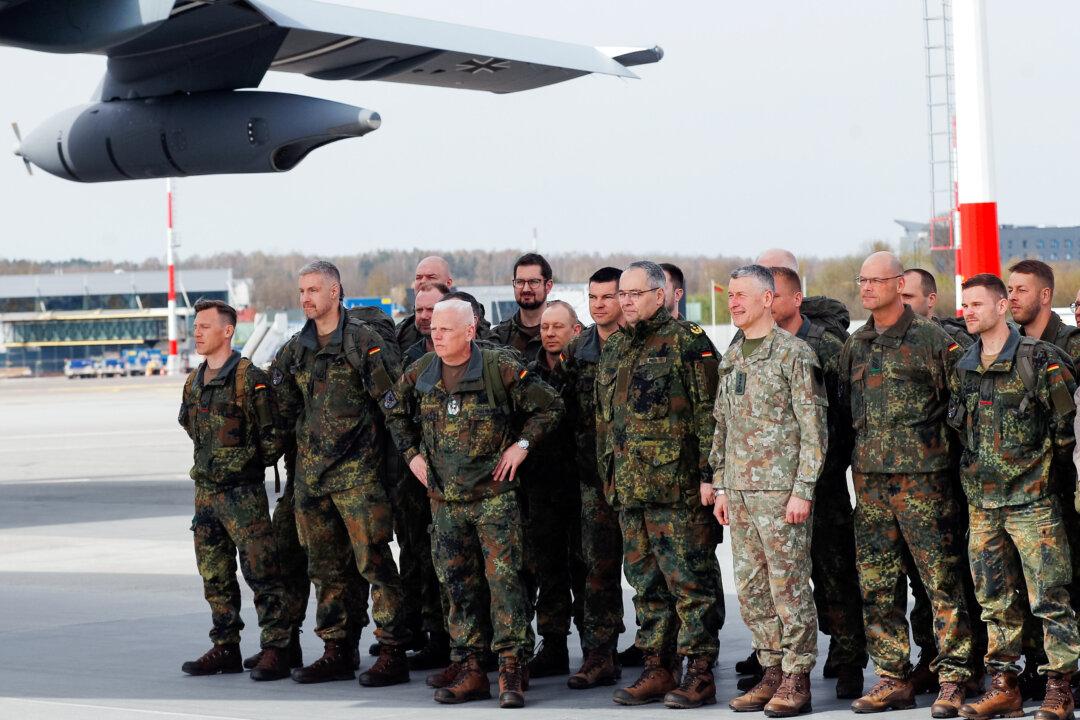

Friends Read Free